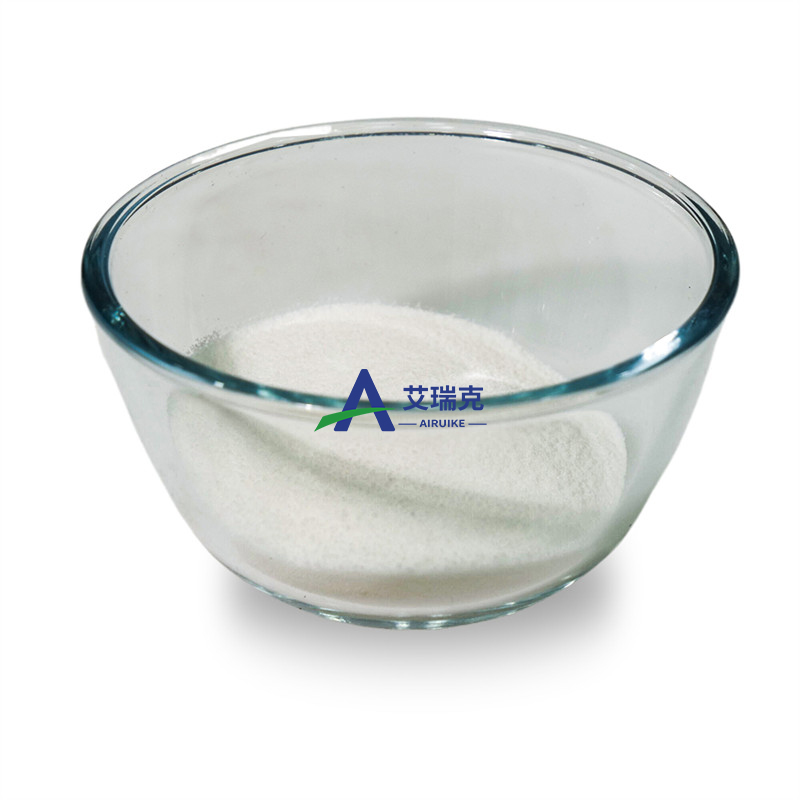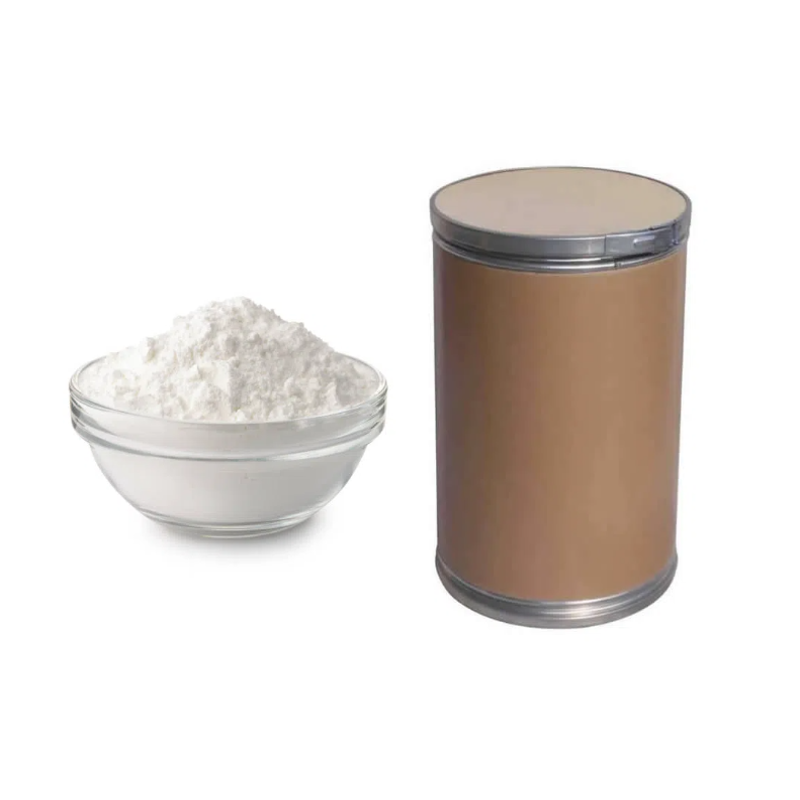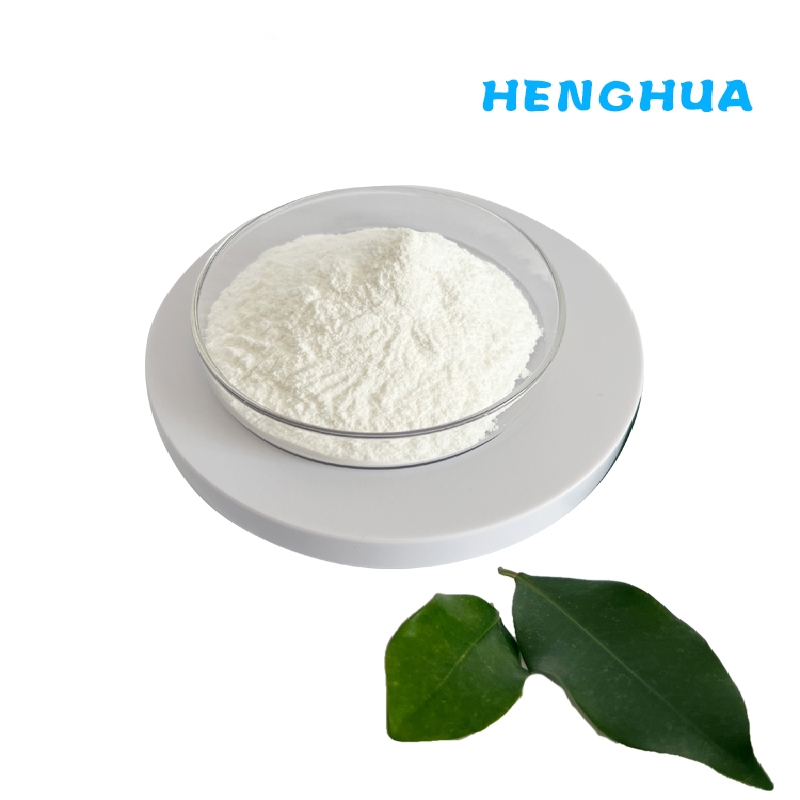-
Categories
-
Pharmaceutical Intermediates
-
Active Pharmaceutical Ingredients
-
Food Additives
- Industrial Coatings
- Agrochemicals
- Dyes and Pigments
- Surfactant
- Flavors and Fragrances
- Chemical Reagents
- Catalyst and Auxiliary
- Natural Products
- Inorganic Chemistry
-
Organic Chemistry
-
Biochemical Engineering
- Analytical Chemistry
-
Cosmetic Ingredient
- Water Treatment Chemical
-
Pharmaceutical Intermediates
Promotion
ECHEMI Mall
Wholesale
Weekly Price
Exhibition
News
-
Trade Service
Yesterday (August 31, 2021) it may be a bit unexpected for Merck ---Keytruda's first-line treatment for urothelial cancer has been corrected by the FDA, and it has changed from accelerated approval to full approval.
This is the start of the FDA's "industry acceleration Since the approval of the major review," the first PD-1 drug that has failed to pass the confirmatory clinical trial and is still on sale for indications that has not been revoked but has been converted
.
Keytruda was approved by the FDA for accelerated first-line treatment of advanced or mUC on May 18, 2017
.
At present, in addition to the indication for first-line treatment of metastatic urothelial cancer, Keytruda also has approved second-line treatment for patients with metastatic urothelial cancer and high-risk non-muscle invasive bladder cancer that does not respond to Bacillus Calmette-Guerin (BCG) (NMIBC) Patient treatment
.
On June 9, 2020, Merck reported the Phase III results of the confirmatory clinical trial KEYNOTE-361 of Keytruda+ combined chemotherapy for the first-line treatment of advanced mUC.
The two primary endpoints of survival (OS) and progression-free survival (PFS), the trial failed
.
In the industry-wide accelerated approval survey initiated by the FDA, this indication of Keytruda was included as one of the "six outstanding indications" on sale in the ODAC de-registration discussion, and finally obtained ODAC's reservation 5 : 3 (for: against), continue to carry out confirmatory clinical trials
.
Up to now, 7 of the 10 "pending" indications on sale have been announced to be withdrawn
.
Four of them were voluntarily withdrawn by pharmaceutical manufacturers before ODAC intervened, and two were withdrawn after ODAC "recommended to withdraw"
.
Among them, the most commendable is Roche.
Even though the first-line treatment of T-drug triple-negative breast cancer obtained ODAC "retention recommendation", it still chose to withdraw the indication
.
Urothelial cancer is one of the indications that involve the most PD-1 drugs in this "Accelerated Approval Industry Review".
Previously, Roche and AstraZeneca voluntarily withdrew their PD-1 drugs---Tecentriq and Imfinzi on the urinary pathway.
The second-line treatment label for skin cancer.
Tecentriq also has a first-line treatment label for urothelial cancer.
Because of the overwhelming support of ODAC, it is retained-10:1 (for: against) and temporarily saved
.
Although Keytruda was lucky enough to be approved by ODAC, it can stay in the market temporarily
.
However, the conditions for "full approval" have not yet been met
.
Accelerated approval is a conditional approval.
One of the conditions for obtaining a positive status is that the company completes the agreed clinical verification test within the agreed time frame in accordance with the agreement reached with the FDA
.
The second condition is: if the expected clinical benefit to risk ratio is achieved, the FDA will accelerate the approval to upgrade to a complete approval, otherwise it will accelerate the withdrawal of the "accelerated approval"
.
At present, this decision of the FDA may be difficult to make for what it claims to "maintain the regulatory integrity of the accelerated approval policy" (that is, the FDA needs to ensure that these products are quickly withdrawn from the market in a timely manner after the confirmatory test fails to confirm their clinical benefit) Explanation
.
The
editor concluded that the accelerated approval of this new drug approval policy is used to encourage product innovation and enable patients to obtain promising therapeutic drugs as soon as possible
.
However, some obvious drawbacks have gradually emerged in the large-scale use in the past.
For example, it is more common for pharmaceutical companies to complete confirmatory tests or to confirm clinical benefits in a timely manner, and products that do not meet the evidence standards are not quickly withdrawn from the market within a reasonable time.
Although the FDA has taken some actions, the results are not yet obvious
.
Recommended reading: 1.
Can't escape this disaster: Bristol-Myers Squibb (BMS) announced its withdrawal from the O-drug small cell lung cancer US market 2.
The first-line impact failed and the second-line implicated: AstraZeneca withdrew the PD-L1 monoclonal antibody Imfinzi bladder cancer US Market 3.
Liquidation begins? Merck’s withdrawal of K drug for small cell lung cancer indications in the United States 4.
Operate PD-1: O drug, K drug, I drug, T drug one indication was also withdrawn 5.
Escaped: FDA experts will support retention of T drug , K drug first-line treatment label for bladder cancer 6.
Drug release: The FDA expert group supports the retention of T drug first-line treatment mTNBC 7:2 7.
The pass rate is less than 50%, 6 indications have not passed, PD-1/L1 The results of the accelerated review test are released 8.
Merck announced the withdrawal of Keytruda's third-line gastric cancer 9.
10 "pending" PD-1/L1 accelerated approval indications have been decided-6 have been withdrawn, 4 have been suspended 10.
Roche voluntarily withdrew T drug + chemotherapy PD-L positive mTNBC indication reference source 1.
https://endpts.
com/fda-extends-full-approval-for-mercks-keytruda-in-1st-line-bladder-cancer-after-mixed-adcomm-vote /2.
https:// Copyright statement welcomes personal comments and sharing
.
Any other media or website that needs to reprint or quote the copyrighted content of this website must be authorized and see "Reposted from: Aogu" in a prominent position
.
This is the start of the FDA's "industry acceleration Since the approval of the major review," the first PD-1 drug that has failed to pass the confirmatory clinical trial and is still on sale for indications that has not been revoked but has been converted
.
Keytruda was approved by the FDA for accelerated first-line treatment of advanced or mUC on May 18, 2017
.
At present, in addition to the indication for first-line treatment of metastatic urothelial cancer, Keytruda also has approved second-line treatment for patients with metastatic urothelial cancer and high-risk non-muscle invasive bladder cancer that does not respond to Bacillus Calmette-Guerin (BCG) (NMIBC) Patient treatment
.
On June 9, 2020, Merck reported the Phase III results of the confirmatory clinical trial KEYNOTE-361 of Keytruda+ combined chemotherapy for the first-line treatment of advanced mUC.
The two primary endpoints of survival (OS) and progression-free survival (PFS), the trial failed
.
In the industry-wide accelerated approval survey initiated by the FDA, this indication of Keytruda was included as one of the "six outstanding indications" on sale in the ODAC de-registration discussion, and finally obtained ODAC's reservation 5 : 3 (for: against), continue to carry out confirmatory clinical trials
.
Up to now, 7 of the 10 "pending" indications on sale have been announced to be withdrawn
.
Four of them were voluntarily withdrawn by pharmaceutical manufacturers before ODAC intervened, and two were withdrawn after ODAC "recommended to withdraw"
.
Among them, the most commendable is Roche.
Even though the first-line treatment of T-drug triple-negative breast cancer obtained ODAC "retention recommendation", it still chose to withdraw the indication
.
Urothelial cancer is one of the indications that involve the most PD-1 drugs in this "Accelerated Approval Industry Review".
Previously, Roche and AstraZeneca voluntarily withdrew their PD-1 drugs---Tecentriq and Imfinzi on the urinary pathway.
The second-line treatment label for skin cancer.
Tecentriq also has a first-line treatment label for urothelial cancer.
Because of the overwhelming support of ODAC, it is retained-10:1 (for: against) and temporarily saved
.
Although Keytruda was lucky enough to be approved by ODAC, it can stay in the market temporarily
.
However, the conditions for "full approval" have not yet been met
.
Accelerated approval is a conditional approval.
One of the conditions for obtaining a positive status is that the company completes the agreed clinical verification test within the agreed time frame in accordance with the agreement reached with the FDA
.
The second condition is: if the expected clinical benefit to risk ratio is achieved, the FDA will accelerate the approval to upgrade to a complete approval, otherwise it will accelerate the withdrawal of the "accelerated approval"
.
At present, this decision of the FDA may be difficult to make for what it claims to "maintain the regulatory integrity of the accelerated approval policy" (that is, the FDA needs to ensure that these products are quickly withdrawn from the market in a timely manner after the confirmatory test fails to confirm their clinical benefit) Explanation
.
The
editor concluded that the accelerated approval of this new drug approval policy is used to encourage product innovation and enable patients to obtain promising therapeutic drugs as soon as possible
.
However, some obvious drawbacks have gradually emerged in the large-scale use in the past.
For example, it is more common for pharmaceutical companies to complete confirmatory tests or to confirm clinical benefits in a timely manner, and products that do not meet the evidence standards are not quickly withdrawn from the market within a reasonable time.
Although the FDA has taken some actions, the results are not yet obvious
.
Recommended reading: 1.
Can't escape this disaster: Bristol-Myers Squibb (BMS) announced its withdrawal from the O-drug small cell lung cancer US market 2.
The first-line impact failed and the second-line implicated: AstraZeneca withdrew the PD-L1 monoclonal antibody Imfinzi bladder cancer US Market 3.
Liquidation begins? Merck’s withdrawal of K drug for small cell lung cancer indications in the United States 4.
Operate PD-1: O drug, K drug, I drug, T drug one indication was also withdrawn 5.
Escaped: FDA experts will support retention of T drug , K drug first-line treatment label for bladder cancer 6.
Drug release: The FDA expert group supports the retention of T drug first-line treatment mTNBC 7:2 7.
The pass rate is less than 50%, 6 indications have not passed, PD-1/L1 The results of the accelerated review test are released 8.
Merck announced the withdrawal of Keytruda's third-line gastric cancer 9.
10 "pending" PD-1/L1 accelerated approval indications have been decided-6 have been withdrawn, 4 have been suspended 10.
Roche voluntarily withdrew T drug + chemotherapy PD-L positive mTNBC indication reference source 1.
https://endpts.
com/fda-extends-full-approval-for-mercks-keytruda-in-1st-line-bladder-cancer-after-mixed-adcomm-vote /2.
https:// Copyright statement welcomes personal comments and sharing
.
Any other media or website that needs to reprint or quote the copyrighted content of this website must be authorized and see "Reposted from: Aogu" in a prominent position
.







